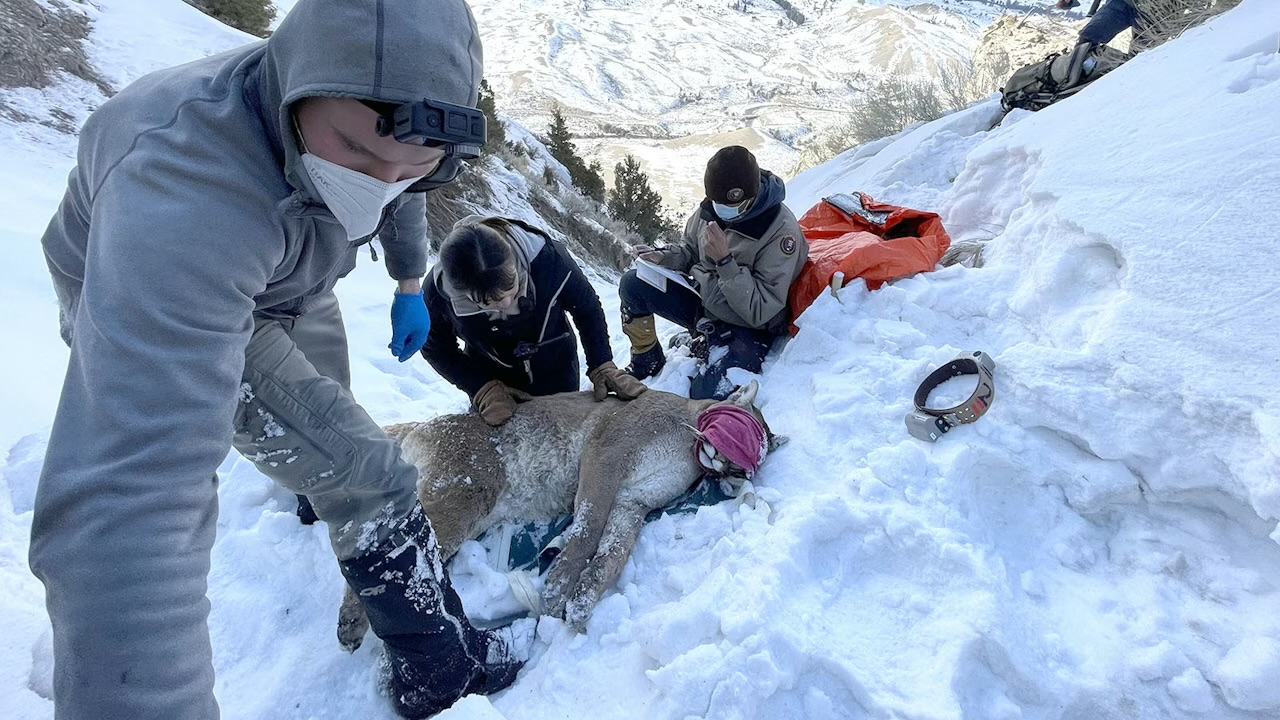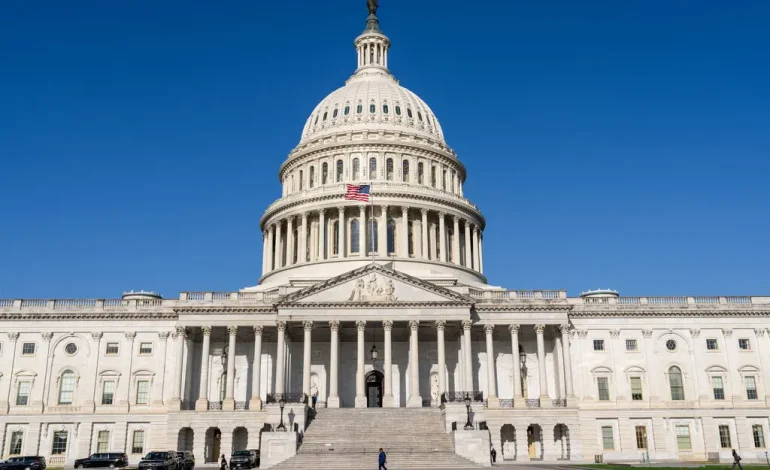After a turbulent start to the year, Democrats, who have faced internal strife and difficulties in mounting a cohesive challenge to President Trump, are now seizing a political opening as Republicans begin to outline their plans for spending cuts.
With Congress returning from its spring break, the Republican Party is under pressure to clarify and deliver on its legislative agenda, including sweeping proposals that affect taxes, spending, and military priorities. This shift offers Democrats a chance to reset and regroup as they prepare to confront the GOP’s budgetary moves head-on.
Republicans have largely spoken in broad terms about their fiscal plans, offering only a general outline in a budget proposal that barely passed through both the House and Senate. However, starting this week, key House committees will be forced to publicly explain how they plan to achieve significant savings—targeting up to $1.5 trillion—while also proposing hundreds of billions in new military and border security spending, along with tax cuts totaling trillions.
For Democrats, this provides a prime opportunity for scrutiny. House Democratic Leader Hakeem Jeffries of New York accused Republicans of misleading the public about their true intentions. He argued that as the specifics of the GOP’s plan come into focus, the consequences for ordinary Americans will become glaringly evident, with cuts to essential programs like food assistance and clean energy tax credits.
Medicaid, a vital program for low-income Americans, is particularly in the crosshairs. While Republicans insist that they will not eliminate benefits, some party members have signaled they could reduce Medicaid spending, especially through measures like tightening eligibility or curbing reimbursements for the Affordable Care Act’s Medicaid expansion. In response, Democrats have framed these actions as significant cuts, warning that vulnerable populations may bear the brunt of such reductions.
Despite Republican assurances that Medicaid benefits will be protected, the pressure to meet budgetary goals remains high, and experts predict that substantial cuts will be necessary to reach the targets. The GOP’s Medicaid cuts have become a flashpoint in the debate, and it remains to be seen whether Republican lawmakers can reconcile their budget goals with promises made to voters.
As committees prepare to delve deeper into the details of the GOP’s tax and spending package, Senate Minority Leader Chuck Schumer and other Democratic leaders are positioning themselves to hold Republicans accountable. Schumer has pledged that Democrats will make it clear to the public who stands to lose from the Republican proposal, particularly as the GOP pushes forward with its tax cuts for the wealthy.
For their part, Republicans face significant internal divisions over how best to achieve their fiscal targets, especially when it comes to balancing tax cuts with spending reductions. While some fiscal conservatives argue for deep cuts to programs like Medicaid and Social Security, others, particularly in swing districts, are hesitant to jeopardize popular safety-net programs.
In the face of these challenges, Democrats are intensifying their resistance. They have used the spring recess to campaign against Republican proposals, focusing on preserving Social Security and Medicaid in GOP-held districts. As the debate heats up in the coming weeks, Democratic lawmakers are prepared to ramp up their criticism of what they see as the harmful consequences of the GOP’s budgetary plans.
With input from the New York Times, Politico, and NPR.










The latest news in your social feeds
Subscribe to our social media platforms to stay tuned